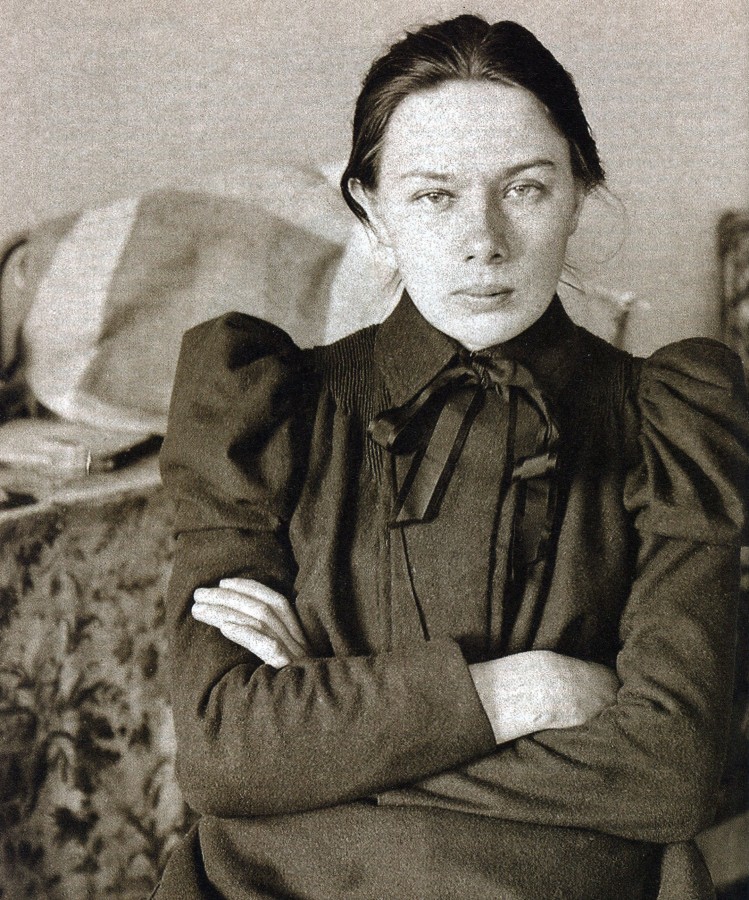I hear a lot of people talk about how we need to look at religion from a materialist lens and that religion is incomparable with socialism. But I think we need to seperate the two. Religion is about the metaphysical so it’s hard to look at it from a materialist lens. While politics deals with materialist matters, so it’s necessary to view it with a materialist lens. And it’s not like atheism is fully materialist either, with ‘nothing after death’, and ‘universe starting without a god’ being metaphysical explanations as well. And humans are naturally spiritual and to deny that, makes it harder for socialism to be accepted by people. But of course that doesn’t mean we should tolerate the reactionary aspects of religion. We should combat it whenever necessary.
What’s your opinion?


They are not incomparable/incompatible, but each religion will be vastly different in how it engages with socialism. I am what is called a scientific/naturalistic pantheist—which I once had someone sum up as atheism with pagan decor. There is nothing metaphysical in such a worldview, but certainly, there is a different way of looking at the world. You want Heaven? You have to build it. Justice? Again, you have to build it. And rituals are great at communicating with the subconscious—one of the best examples is the “hold your breath for x seconds and then take y gulps of water to get rid of hiccups.” The specifics and values shift based on who you ask, but the folk-idea behind it is widespread and the actions and symbols of the ritual can communicate to ourselves that we want to stop hiccuping. There is the practical safety aspect of taking the time to bow so you can observe the martial art mat, and the ‘spiritual’ aspect of quickly getting your mind in the right state to learn.
I think much of the incompatibility perceived comes from when religion mirrors our present class conditions. “God/s” as kings, rulers, as a grand bourgeoisie essentially. And that’s where the problem can come in because that aspect of more traditional religions is rarely challenged. “God/s” as a grand comrade is a far more interesting concept and one that has more back and forth—there is room to disagree/alter/adapt/learn from/etc with that authority instead of that authority always overwriting the believer’s own instincts (such as on moral issues). I forget where it’s from, but “beware the believer who has never disagreed with their God over anything for their God is an unchallenged mirror.”